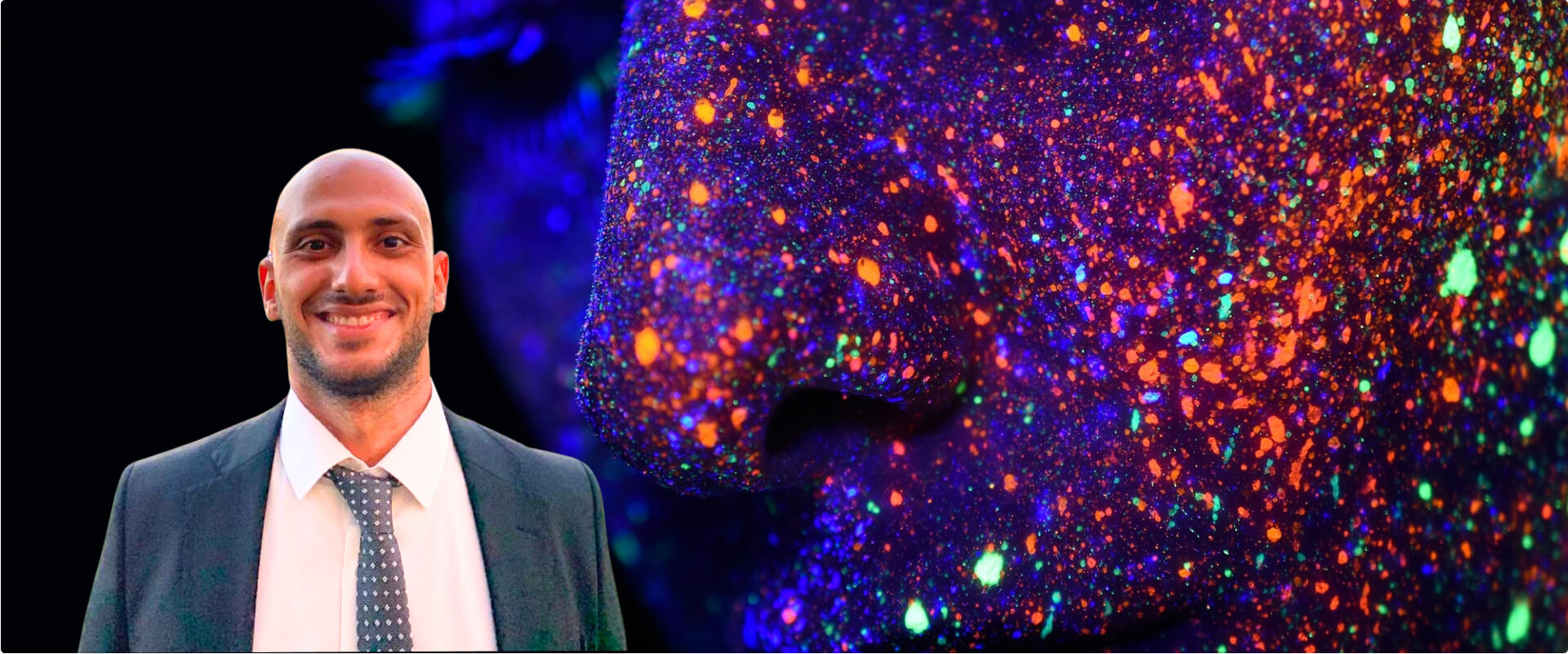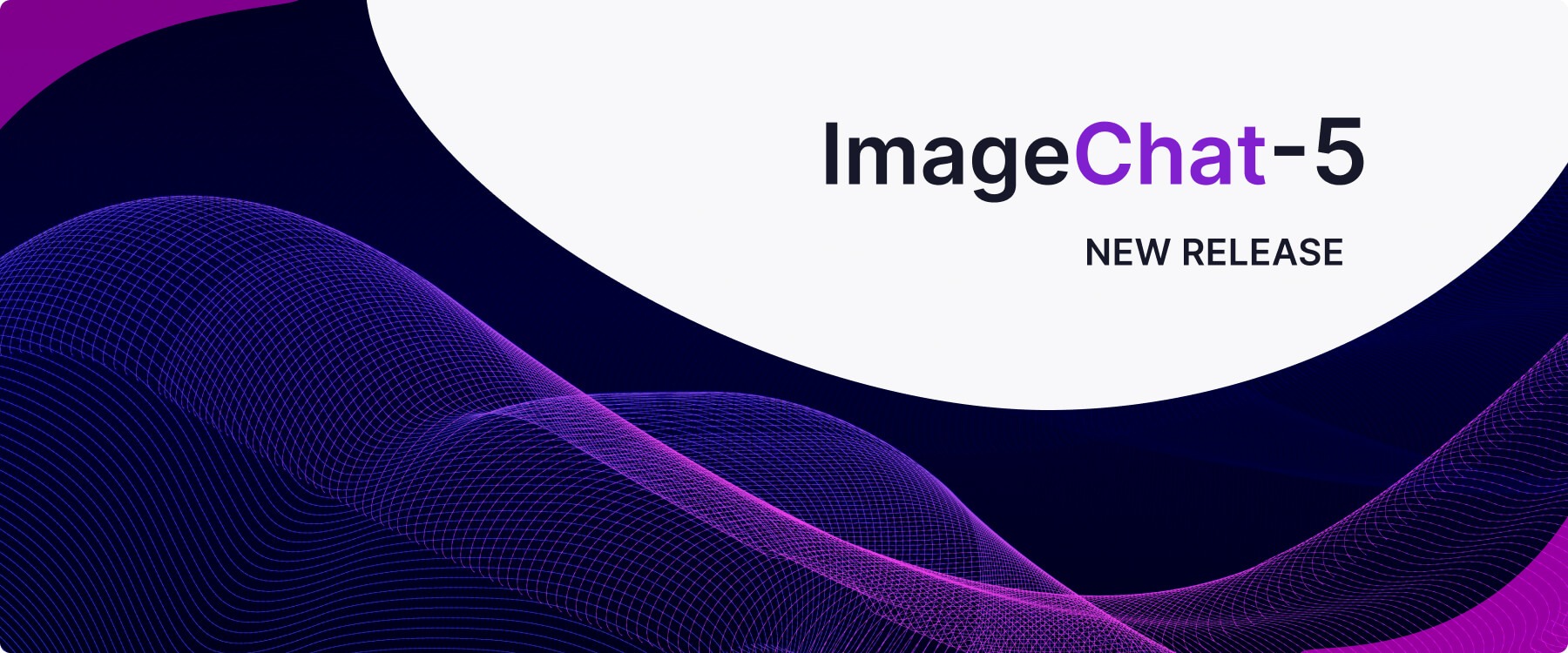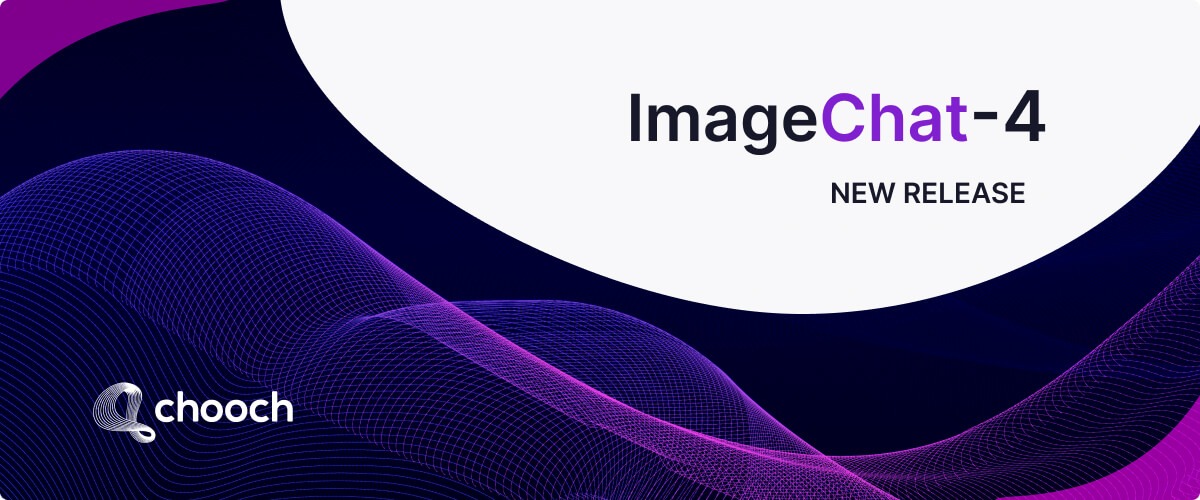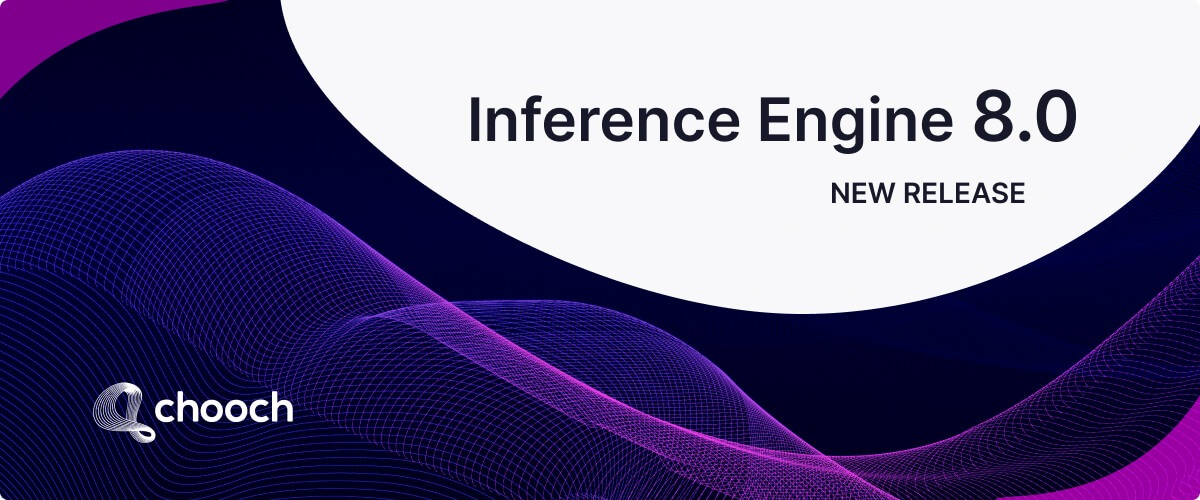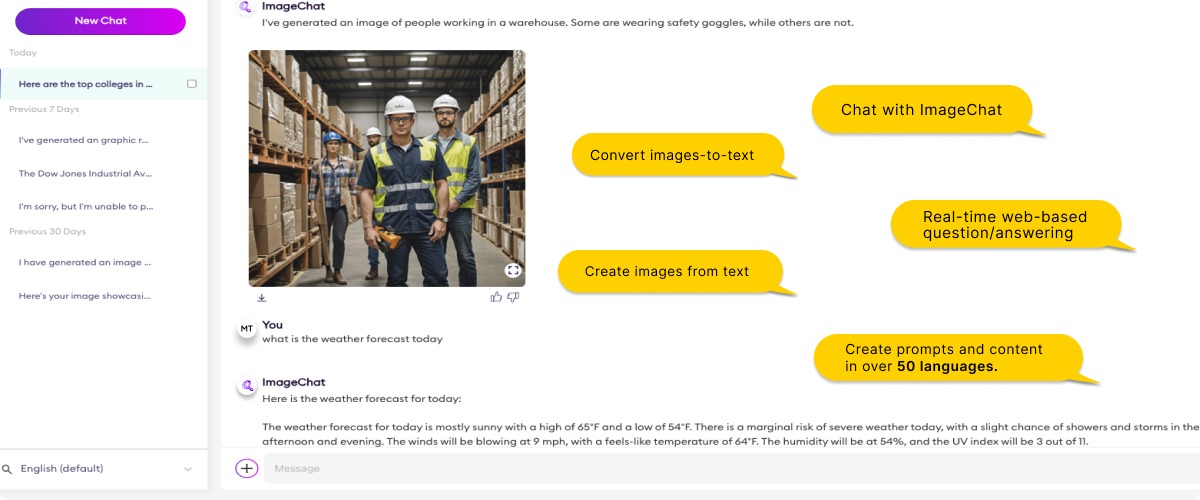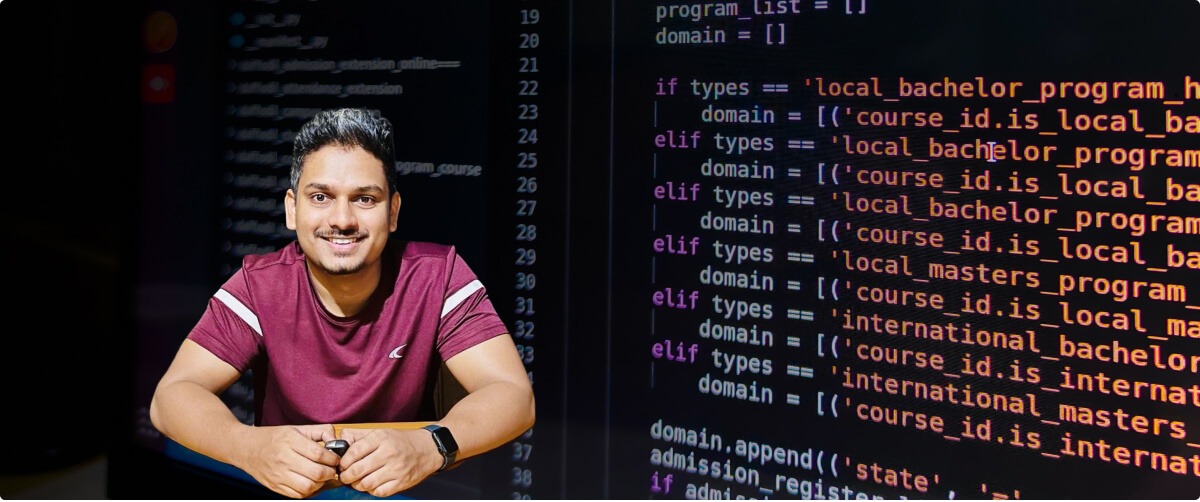What exactly is machine learning. Broadly speaking, machine learning is a subset of artificial intelligence that leverages data and algorithms to imitate the way that humans learn. By feeding large amounts of “training” data, computers can learn to perform almost any given task, with or without human intervention. As machines are fed more data, its prediction accuracy gradually improves. In many ways, the process mimics how humans learn.
So how does machine learning impact our lives?
When you purchase nearly anything online, machine learning helps guide you to a specific item you’re looking for. Your credit card company uses machine learning to decide if the transaction is legitimate or fraudulent. Social media sites, like Instagram, use machine learning to suggest posts that align with your interests based on your browsing behavior, click patterns, the time you spend on certain posts. Machine learning enables retailers to put ads in front of you based on topics in which you’ve shown interest. Pretty much everything today is powered by some level of machine learning. ML is helping machines do tasks that would normally be done by humans. It is changing the way we live our lives.
Machine Learning is one of the most exciting areas of technology for software engineers. Engineers create algorithms that make machine learning possible. It is a highly skilled role, on the forefront of innovation.

Meet a Chooch Engineer: Korhan Polat, Machine Learning Engineer
Korhan Polat joined Chooch in early 2022 as a machine learning engineer. Prior, he worked as an ML engineer at Anadolu Sigorta, one of the first commercial insurance companies in Turkey. He developed CNN models using PyTorch, for detection and segmentation of car damages from accident photos. He received both a BSc and MSc degrees in electrical and electronics Engineering from Bogazici University in Turkey. He specialized in machine learning, signal processing, and computer vision. Korhan focused his graduate studies on developing vision AI models for classification of brain tumor types from MRIs and unsupervised algorithms that automatically detect human sign language.
Korhan, how did you first become interested in machine learning as a profession?
I have always been interested in science and technology. I enjoyed math and sciences when I was a student. And I like observing nature. I’m good with numbers. So, the decision to go into machine learning development was easy for me.
What do you like most about your job?
My job can be described as “teaching machines how to see”. We train AI models that match human perception or often surpass it. However, in some cases, the obvious for the human eye can be very difficult to detect with standard AI models. That’s when we come up with creative solutions as a team. I really like these challenges the most because we’re forced to be creative, and it reinforces how lucky I am to be working with the amazing team of engineers at Chooch.
What is there about AI gets you excited? Help mere mortals understand.
AI is a field that has evolved rapidly and each month there’s an exciting new AI model that makes everyone even more excited. Moreover, AI research is an endless endeavor to equip machines with human-like reasoning and perception. So, in many ways, AI research teaches us about ourselves, how we derive our own perceptions. This gets me very excited. I feel like I understand more about human perception as I work with technology to behave more like humans.
Where do you think AI is going ultimately?
AI has made massive leaps in the last decade. Initially, the discriminative models were revolutionary and took the lead. Lately, we’re witnessing the rise of generative AI models that are getting the most attention right now. I predict that this trend will continue. Also, there will be even more discussions about AI ethics. As AI becomes more widely adopted in our everyday lives, we’ll face many issues with an AI bias and justification.
Where do you think AI will have the most compelling impact?
What really excites me is AI’s potential to have a positive impact in many areas, but one of the most promising is in healthcare. AI has the potential to help doctors and researchers diagnose diseases more quickly and accurately, develop new treatments, and improve patient outcomes. AI can also help improve access to healthcare in underserved communities and make healthcare more affordable and efficient.
Give us a sense of where AI will be ten years from now.
Recent trends in AI research include the development of explainable AI, which aims to make AI systems more transparent and understandable to humans. Another trend is the use of unsupervised learning, which allows AI systems to learn from data without being explicitly told what to look for. Finally, there is a growing interest in using AI for social good, such as developing AI systems to help with healthcare or environmental sustainability.
What will AI engineers be doing 10 years from now. How will their jobs change?
Recent trends in AI research include the development of explainable AI, which aims to make AI systems more transparent and understandable to humans. Unsupervised learning, which allows models to learn from data without being explicitly told what to look for, will surely evolve significantly over the next few years. Finally, there is a growing interest in using AI for social good, such as developing AI systems to help with healthcare, or environmental sustainability. It’s important to start shifting people’s mindsets that AI should not be feared and has real benefits in helping people and the environment.
The concept of Artificial Intelligence is certainly not new. Most of us perhaps first became aware of AI with the evolution of spell check in documents and on websites. But its power to impact daily lives has never been more powerful than it is right now. Often AI makes our work lives and personal lives easier and better without us even being aware that it’s AI making all the things we take for granted possible.
The recent news about more modern, more highly evolved chat bots is providing a glimpse into future possibilities. And though no one has a crystal ball, it’s safe to say that AI will ultimately change our lives at least as much as the personal computer has.
Even more fascinating is Chooch’s development of an AI solution that will allow people to be interactive with photos, videos and other images to learn more about what is in them. You can ask the images questions, and it will answer you back. This is going to take machine learning to an entirely new dimension. Check it out yourself.

